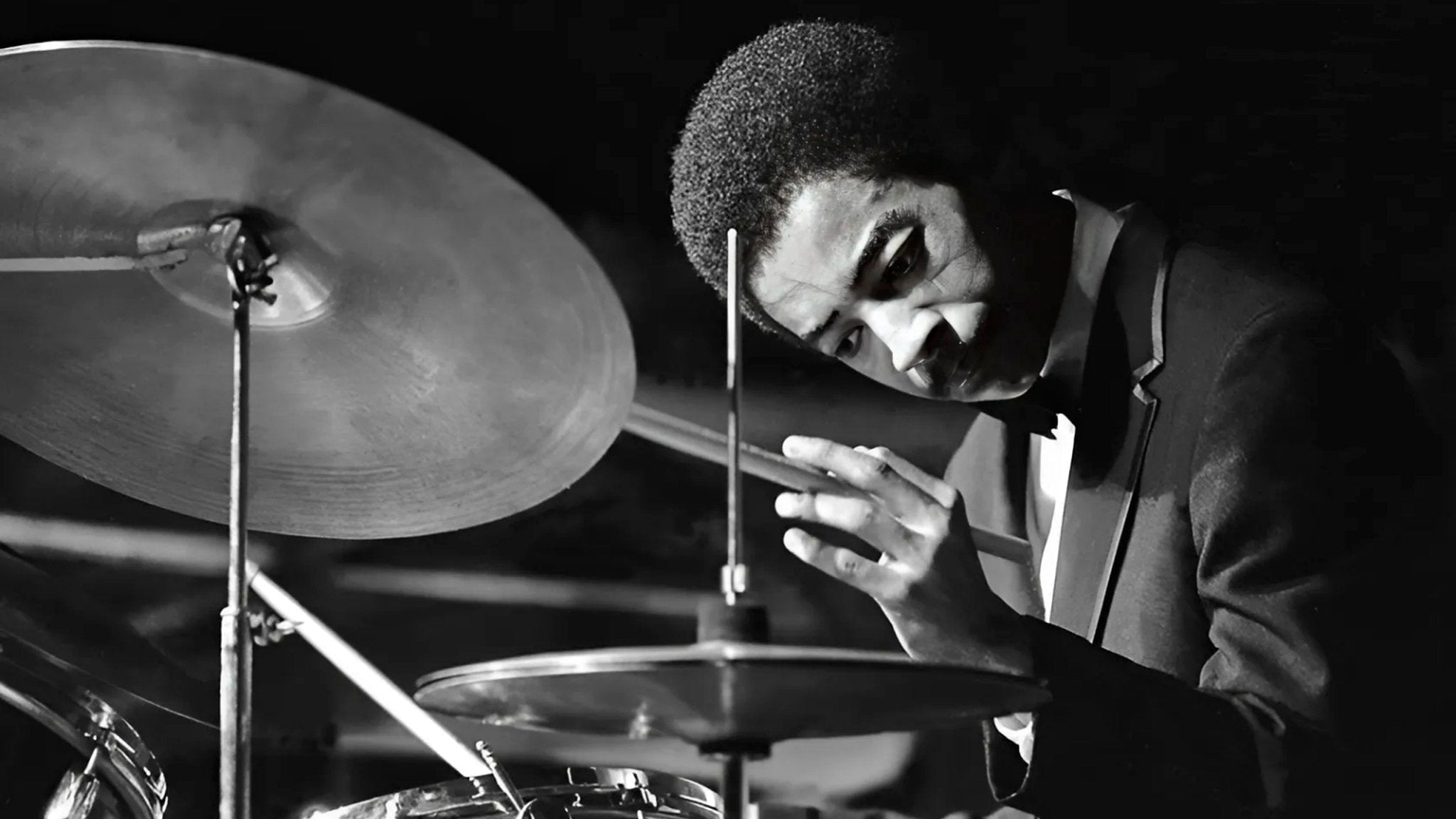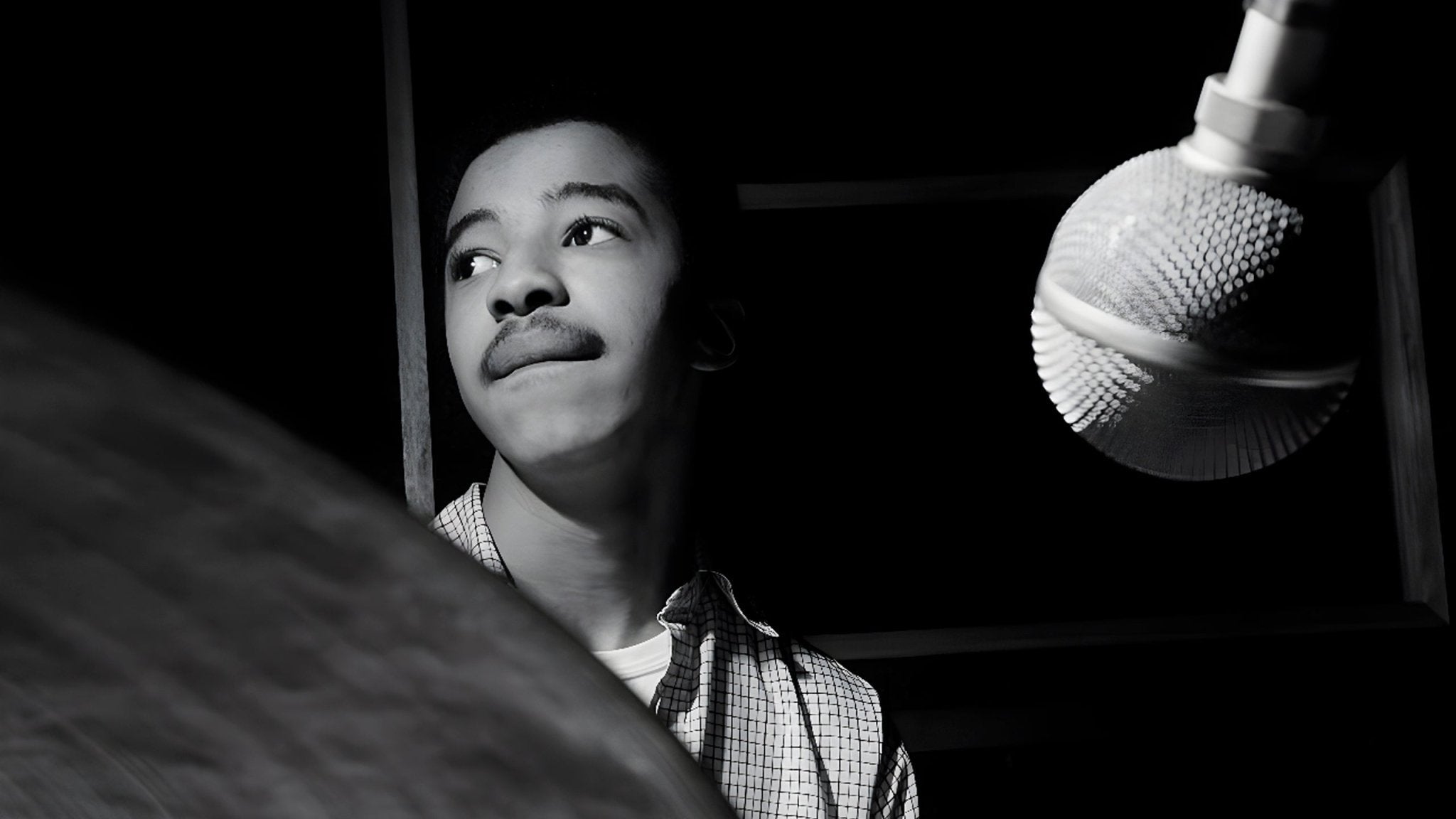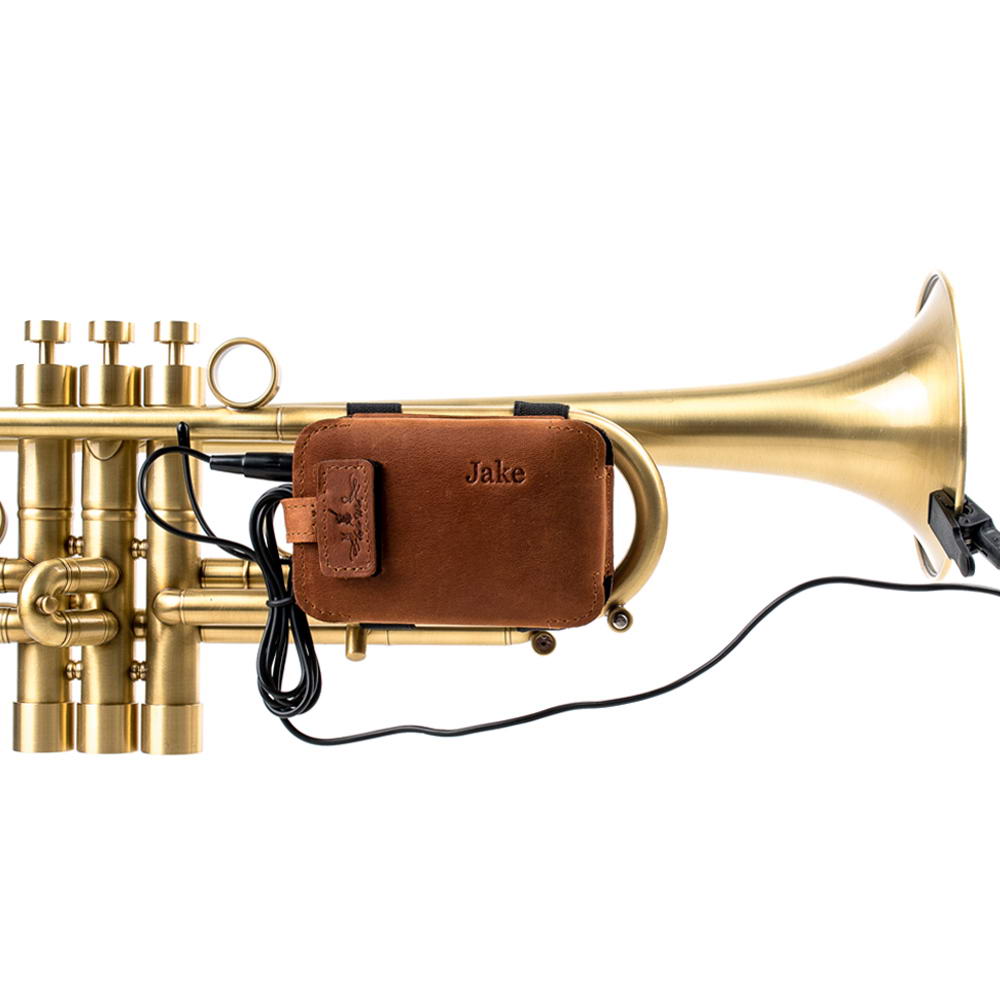
Tony Williams: Creative Life, Achievements and Collaborations

Tony Williams was a talented American drummer, known as a member of Miles Davis' quintet and a musician whom music critiques described as the best drummer in the world. In this article, we will explore his creative journey leading him to how the younger generation knows him today.

Tony Williams’s Early Years
Born in Chicago, Illinois, Tony grew up in Boston, Massachusetts. He started discovering the drums and learning everything about them at the age of 11, under the guidance and support of Alan Dawson. As Tony admitted, Alan was the person who encouraged him and helped him see his potential as a drummer. At the age of 12, Tony performed with Dawson’s trio, where he gained valuable experience.

During his early years, Tony thoroughly explored and delved into the professionalism of great drummers whom he admired by buying records with their music. He was especially interested in Max Roach, Art Blakey, Philly Joe Jones, Jimmy Cobb, and Roy Haynes. Tony tried to mimic their styles, solos, and everything these musicians did behind the drum kit. In this way, he explored not only how the music was played but also why it was played that way.

Tony joined the professional ranks when he was 13 and played with Sam Rivers, who became one of Tony's first mentors. Three years later, he started playing with saxophonist Jackie McLean. At the age of 17, Tony joined the famous trumpet player Miles Davis’s quintet, consisting of Wayne Shorter (saxophone), Herbie Hancock (piano), and Ron Carter (bass).

Still a newcomer in the music world, during his collaboration with Miles, Tony showcased his masterful drumming skills, which he had acquired during his exploration of the greatest drummers. However, he also proved that he was a musician capable of raising the bar for jazz drumming.
Thanks to his talent and ability to add innovations, Williams became an important part of Miles’s group. Tony’s drumming, featuring polyrhythms and metric modulation, contributed significantly to the jazz rhythm section.

At the same time, Williams was involved in recording his first two albums, "Life Time" (1964) and "Spring" (1965), as a leader, which showcased his interest in avant-garde jazz. Both were released via the Blue Note label. Apart from his achievements as a leader, in 1964 he also collaborated with Eric Dolphy and Andrew Hill.

Tony was a member of Miles’s quintet for six years. Many albums recorded with them, including Four & More,” “Sorcerer,” “Nefertiti”, are considered true classics.

“The Tony Williams Lifetime”
His active creative life didn’t change pace after he left Davis’s group. In 1969, Tony founded his own trio, Lifetime, with John McLaughlin (guitar) and Larry Young (organ). There’s a likelihood that the band got its name after Tony’s first album, "Life Time."
This band blended jazz technique and rock energy and pioneered the path for bands like the Mahavishnu Orchestra and Chick Corea’s Return to Forever. Their debut album "Emergency!" wasn’t positively received by jazz lovers because it was full of heavy rock. Rejected back then, it is now considered a classic of jazz fusion genre.

In 1975, Williams founded a new version of this band, which was now a quartet, The New Tony Williams Lifetime. Their albums "Believe It" and "Million Dollar Legs" displayed how greatly Tony was involved with rock and funk rhythms. Later, Tony also formed a few other versions of his band.

Tony Williams’s Later Years
The mid-70s were marked by Tony Williams’s collaboration with the VSOP Quintet, featuring Hancock, Shorter, Carter, and Hubbard. All those musicians had played in Miles Davis’s group before, so it became a true reunion of colleagues. They frequently toured in the late 70s and released a few albums.

In 1979, Williams performed with the Trio of Doom, along with John McLaughlin and Jaco Pastorius, at the Havana Jazz Festival. They also recorded their performance with studio tracks in New York some time later. Williams also collaborated with Pastorius on the song "Good Question" from Herbie Hancock’s album.

In the 80s, Williams played in his own acoustic quintet featuring Wallace Roney (trumpet), Bill Pierce (saxophone), Mulgrew Miller (piano), and Ira Coleman (bass). Williams also played as a guest with Public Image Limited. At this time, he was interested in studying composition. One can see how well he mastered new knowledge by listening to albums like "Foreign Intrigue", "Civilization," "The Story of Neptune," and "Tokyo Live."

Tony’s final album was released a few weeks before his death. It was called "Wilderness" and featured musicians such as Hancock, Michael Brecker, Pat Metheny, Stanley Clarke, and a full orchestra. This album proved Tony Williams to be a skillful composer.

On February 20, 1997, Williams was admitted to Seton Medical Center in Daly City due to stomach pain. After undergoing surgery, he passed away from a heart attack three days later. At the time of his death, he was 51 years old.
Tony Williams’s Style
Tony’s playing style was convincing; he was never just an imitator of musicians who preceded him. As he admitted in his interviews, he just wanted to become a part of the music; he always played the style rather than attempted to play it.
Tony Williams never stopped refining his skills and improving his knowledge. He called himself a lifelong student and admitted that the process of knowing and learning new things had always excited him.

Conclusion
A legendary jazz drummer, Tony Williams was known for his groundbreaking contributions to jazz music. He pushed drumming forward, brought innovations, established the ground for fusion jazz, and inspired many new bands. From his early years, he demonstrated great talent and never-ending passion. Without exaggeration, we can call Tony Williams a jazz musician who revolutionized jazz drumming and pushed the boundaries of rhythm to new heights. Despite his tragically short life, Williams's legacy continues to live through numerous albums and his great impact on the evolution of jazz music.

Discover interesting facts about other famous musicians such as John Coltrane, Håkan Hardenberger, Curtis Fuller, Dennis Brain, Ron Carter, Buddy Rich, Herbie Mann and others.






 https://mgleatherwork.com/pages/about-us
https://mgleatherwork.com/pages/about-us





Leave a comment
This site is protected by hCaptcha and the hCaptcha Privacy Policy and Terms of Service apply.